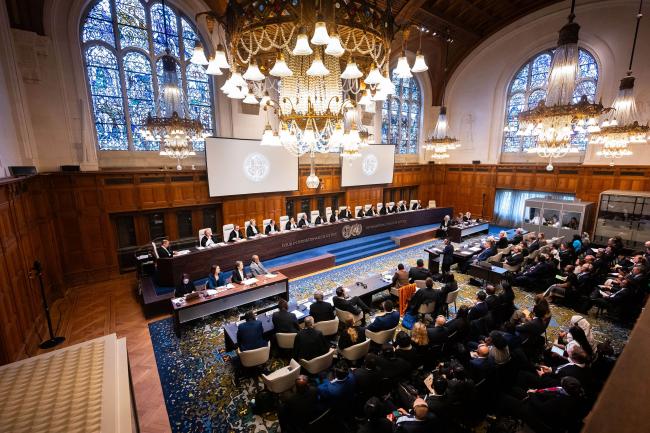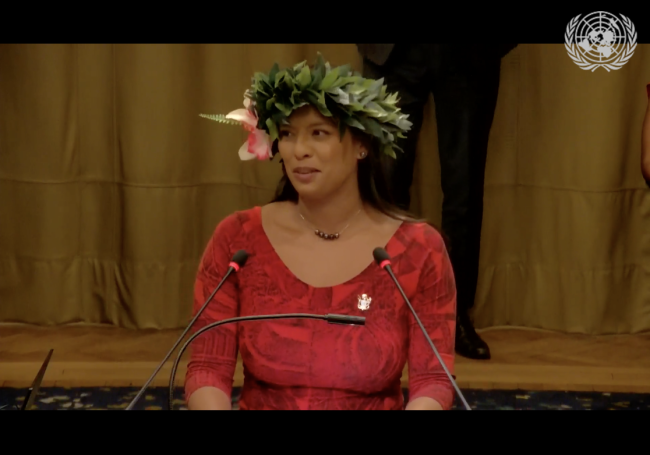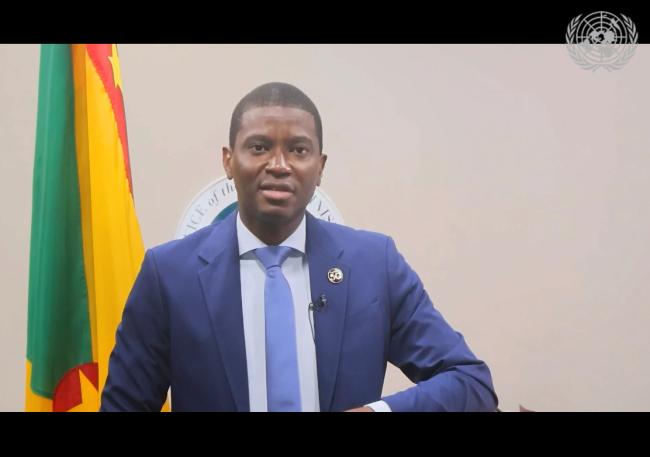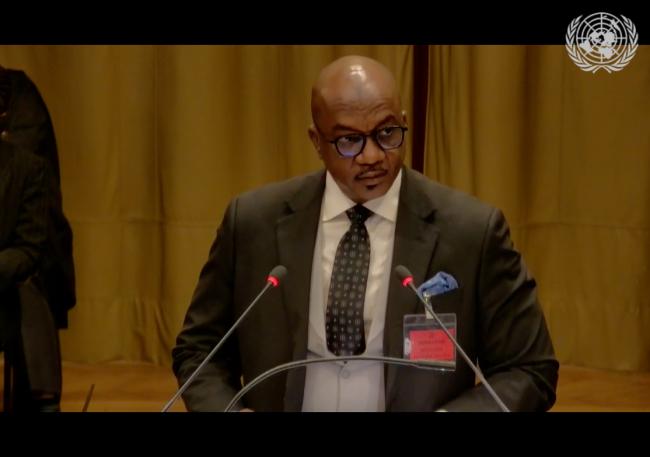The day’s statements highlighted the high expectations resting on the Court’s advisory opinion. France underscored it might not only clarify the scope and nature of States’ obligations, but also bolster regional and domestic litigation efforts to achieve climate justice. Sierra Leone underscored that international law is “a vital equalizer of States, regardless of size or power.”
Want to dig deeper into today's statements? Read the full Earth Negotiations Bulletin daily report.
Island States denounced the structural injustices that fuel climate change, compound their countries’ vulnerability, and constrain their capacity to respond to it. The Cook Islands urged the Court to address colonialism, racism, and sexism that underpin States’ unlawful conduct. They emphasized it is no coincidence that those States who contributed the most to climate change have predominantly white populations, while Indigenous Peoples suffer the most, and underscored the disproportionate impacts of climate change on women.
Small island States and African nations painted a grim picture of their struggle to face climate change under mounting debt. Grenada lamented the vicious cycle of having to borrow at commercial interest rates to rebuild infrastructure damaged by intensified extreme weather events, only to wait for the next extreme event to occur. Sierra Leone underscored that many African countries spend more on servicing their debt than on their people and that no one should be surprised that highly indebted countries feel compelled to engage in polluting activities to secure funds to pay their debt. Echoing others, Sierra Leone emphasized the need to back States’ discretion to regulate the conduct of private actors in the public interest without fear of claims by foreign investors.
Ghana said that “developing countries cannot become sacrifice zones for the benefit of wealthier nations.” The Marshall Islands urged the Court to hold States accountable, noting that they watch with growing alarm as major emitting States not only fail to meet their obligations, but in some cases even expand fossil fuel production. The Cook Islands called for prohibitions on fossil fuel expansion and subsidies.
To receive free coverage of global environmental events delivered to your inbox, subscribe to the ENB Update newsletter.
























